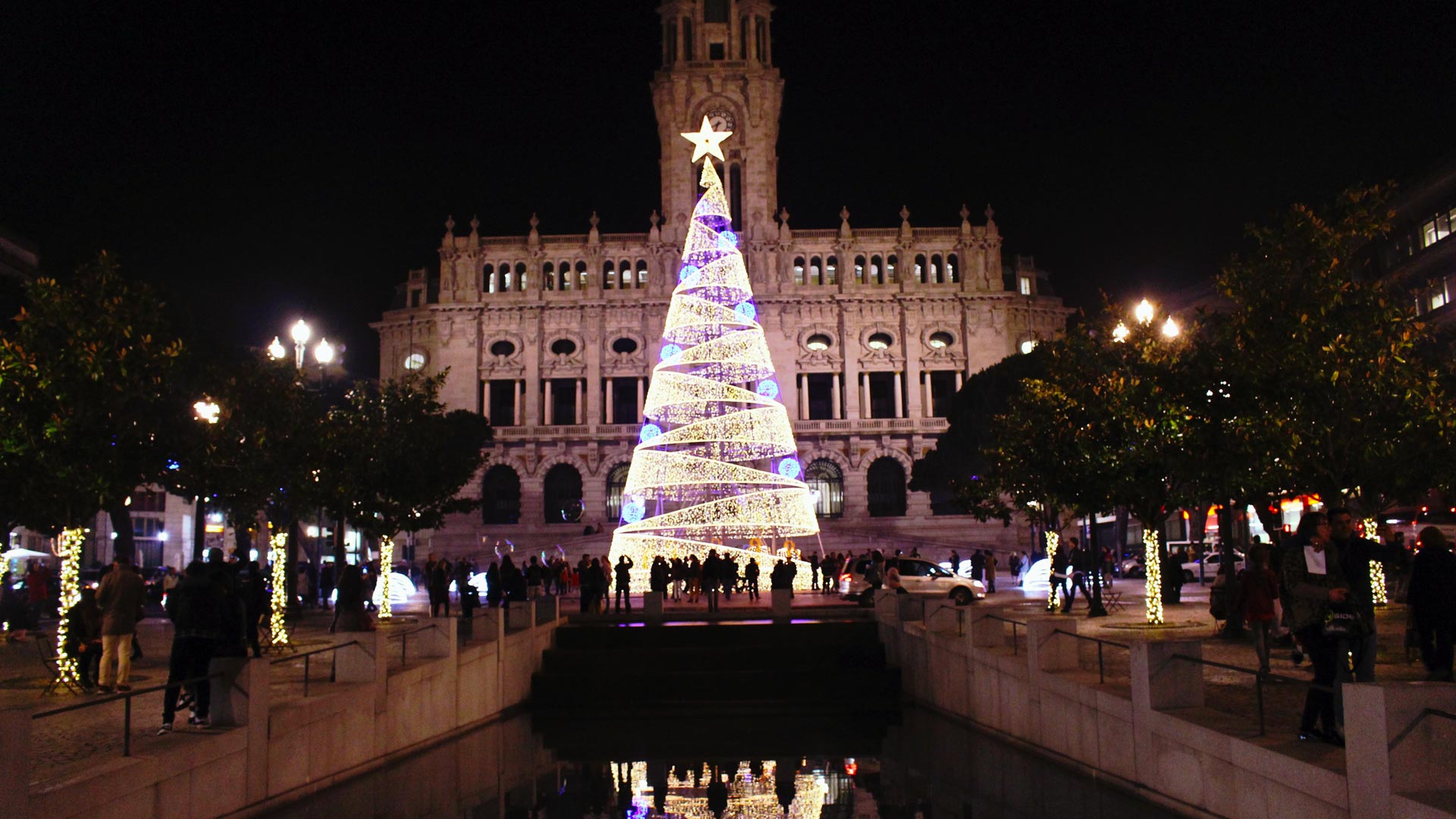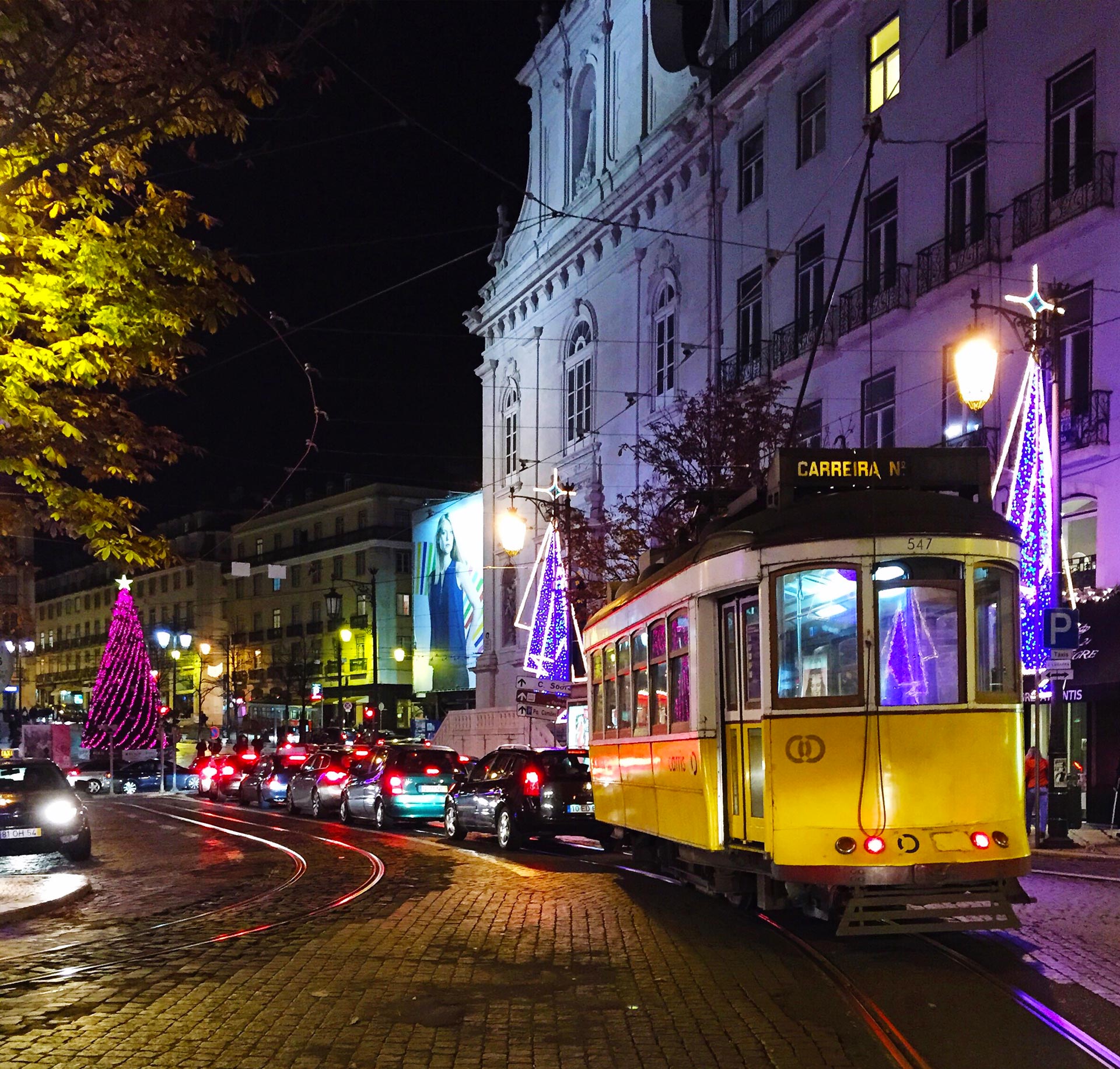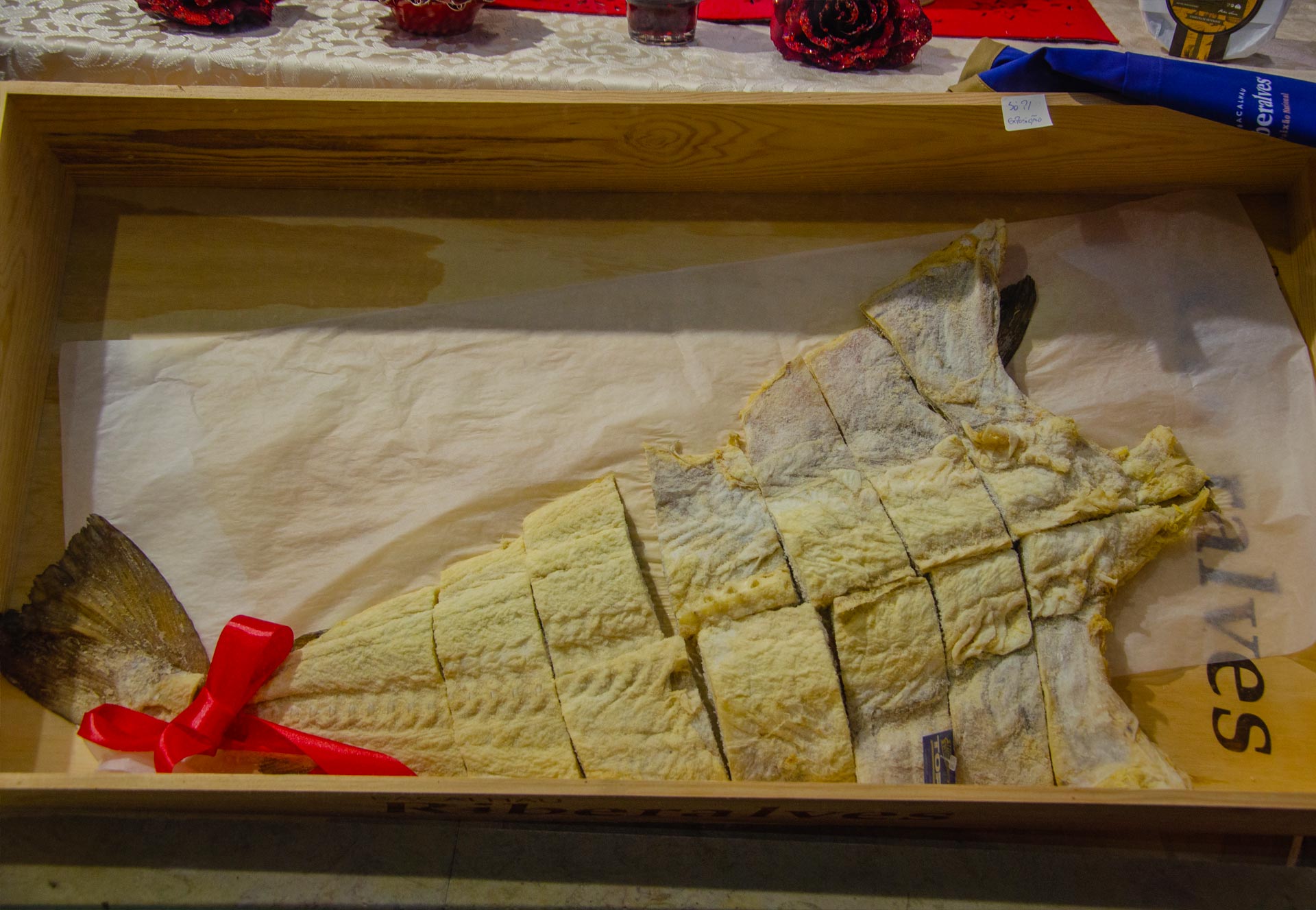Christmas is a magical time in pretty much all of Europe and we all have an image of Christmas in our minds that we may apply to others too. But does this image actually hold up? We’ll give you a chance to find out for yourself in today’s post, as we’ll be going over Christmas celebrations and traditions in Portugal. Let’s meet your new Father Christmas.
Portugal’s Father Christmas
And Baby Jesus himself
So who brings gifts in Portugal? The Portuguese Santa’s name is Pai Natal and he brings gifts on Christmas Eve, standard stuff, though there are also those who believe it’s actually Baby Jesus himself who brings the gifts. The belief is a relatively recent one and it includes writing Christmas letters to Jesus instead of Pai Natal – yes, it does mean they’re writing to Baby Jesus who hasn’t yet been born because that’s kind of what the holidays are about, but okay, minor detail. I guess the guy’s gonna have a pretty busy birth. Portugal also believes that, be it Pai Natal or Jesus himself, gifts are brought either under a Christmas tree, so classic stuff, or in shoes laid out in front of the fireplace.
Christmas Cuisine
Fish, sweets and cursed beans
As for other vital aspects, there’s obviously the cuisine. The quintessential Portuguese Christmas dish is the ‘Bacalhau’, or salted cod with boiled potatoes and vegetables. There’s also roasted lamb and a relatively recent addition, stuffed turkey.
As for desserts, there’s Aletria, which is basically a vanilla pudding with pasta, and Arroz Doce, Portuguese sweet rice pudding. In the north, there’s the traditional Filhó, so sweet fritters. There are also Rabanadas, which is Portugal’s answer to french toast. You may also encounter sweet festive potato biscuits, Broas Castelares. One of the more bizarre but still charming treats is the Lampreia de ovos, or chicken egg yolks with sugar, almonds and figs. The eggs are then formed into a fish and decorated to give them goofy faces.
One last mention, though arguably more crucial than any of the previous ones, is the Bolo Rei cake, with sweet dough filled with dried fruits and nuts. There are a number of associations with it for Christmas, like it representing the gifts Jesus receives, where the crust represents the gold, the dried fruits and nuts the myrrh and the spices the incense. In other interpretations, it’s actually for good luck and, paradoxically, a little tidbit is added which brings bad luck to the one who eats it. For instance, a baker may put a medallion or… a raw bean to the cake. Whoever gets unlucky and gets the portion with the bean would then have to pay for the cake to be prepared next year.
Other Christmas traditions
How does Portugal celebrate Christmas?
Be it in the UK or in our home Poland, there’s the largely unpractised tradition of leaving an empty chair for a stray wanderer. Well, Portugal doesn’t have that and, instead, some Portuguese homes may have an empty chair for their deceased loved ones, to enjoy Christmas together in that way.
Another important aspect of the Portuguese Christmas is its nativity scene, the Presépio. Traditionally, children do much of the work related to the nativity scene, sometimes all of it, frankly. Obviously, not all children bust out a massive fancy presépios – sometimes it’s more humble and symbolic, like having three main figures, Jesus, Mary and Joseph, in a sort of scene. Apart from children, it’s pubs, shops and local authorities all competing to make the largest and fanciest nativity scene possible with up to several hundreds figurines at time.
Lastly, what about Christmas carols? Well, of course, Portugal has them too. Portuguese carol singing is called Janeiras. It’s a tradition to go to the streets and sing carols in large groups. Though, to be exact, they usually start after New Year’s Day and finish on Epiphany.
We hope you’ve learned something new today and that you’ll have a chance to experience Portugal’s Christmas – as a largely religious country, Portugal takes it quite seriously and the result is a particularly magical time. If you do, then Feliz Natal e um feliz ano novo!
See also:








